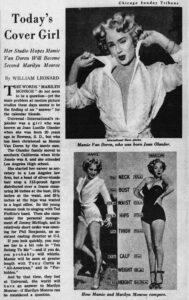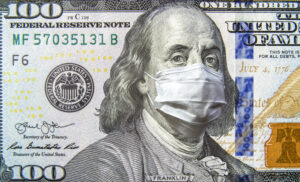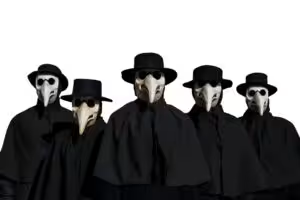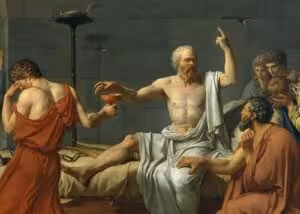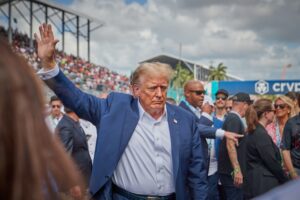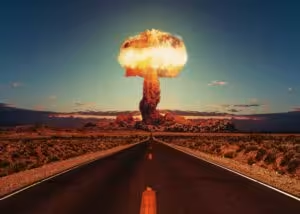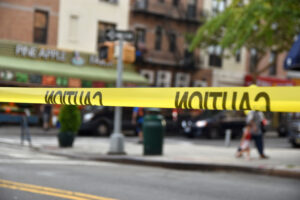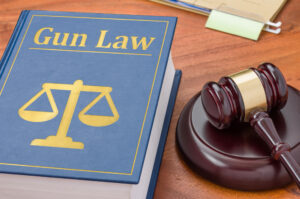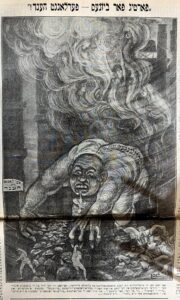If there’s one thing Americans like nearly as much as a good conspiracy theory, it’s a juicy political leak. One of the best poured out in 1971 when The New York Times started publishing excerpts from the so-called Pentagon Papers. This top-secret 7,000-page review of US conduct in Vietnam after World War II was dryly entitled United States-Vietnam Relations, 1945-1967: A Study Prepared by the Department of Defense. Completed in 1968, it was political dynamite.
In 1971 one of the joint authors, disillusioned military analyst Daniel Ellsberg, enlisted the help of Anthony Russo and they copied the Pentagon Papers – before handing most of them to The New York Times. As soon as serialization began, political controversy and street demonstrations erupted, closely followed by the inevitable lawsuits.
What was the fuss about? Quite a lot – for the Pentagon Papers revealed that four US Presidents, from Harry Truman to L B Johnson, had persistently lied about their intentions and conduct in Vietnam. Notable revelations included the fact that the war had been deliberately escalated with the carpet-bombing of Laos and Cambodia and that various raids and offensives had taken place without being publicized. The damning cumulative message to the American people was that their government had distrusted and misled them.
President Richard Nixon accused Ellsberg and Russo of treason and obtained an injunction that plugged the leak in The New York Times… though not for long. On June 18 The Washington Post waded in and was immediately silenced by injunction. On June 29, Alaska’s Senator Mike Gravel entered over 4,000 pages of the Pentagon Papers onto the Congressional Record, ensuring that nobody could be prosecuted for publishing or discussing no-longer-secret contents. The message was underlined the following day when the US Supreme Court vacated gagging injunctions in a pro-free-speech First Amendment judgement.
When: June 1971
Where: USA
Toll: The publication of the Pentagon Papers weakened President Nixon’s ability to wage the Vietnam War, as the revelations of official misconduct at the highest level further hardened already disenchanted public opinion against the conflict. Humiliating military defeat duly followed in 1975 when the last US helicopter fled Saigon on April 30.
You should know: Ellsberg and Russo were tried on treason and theft charges in 1973, fully expecting to be sent to prison for life. However, Judge William Byrne declared a mistrial after the government tried to influence him with an offer of the FBI directorship and evidence emerged of massive illegal activity against the accused pair, including unauthorized wiretapping and a failed break-in at the office of Ellsberg’s psychiatrist by white House ‘plumbers’ Liddy and Hunt who hoped to discredit Ellsberg by making him appear mentally unstable, it was their unsuccessful rehearsal for the subsequent Watergate affair.


